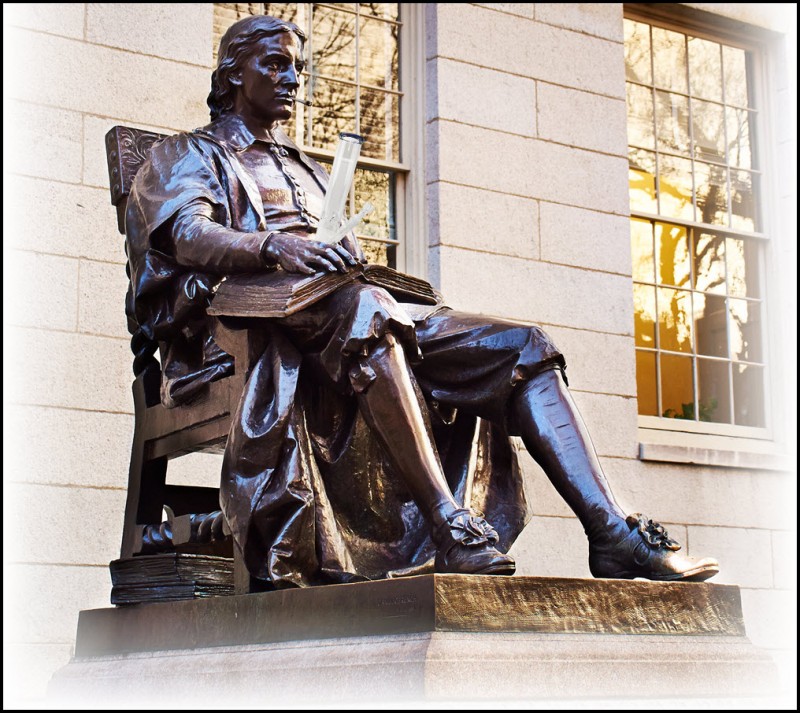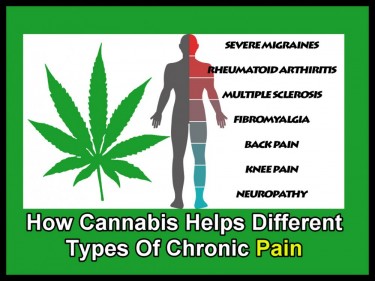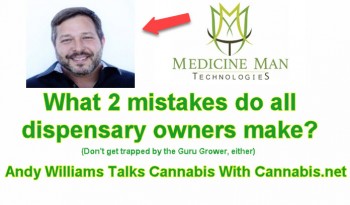Harvard Finds Cannabis for Chronic Pain is Effective

Also, Canadian Study finds near 50% reduction in opioid use when substituting with cannabis
Most people who use cannabis do so for pain management. In fact, 62% of the people using medical cannabis claim to be using it for some sort of pain management.
But how effective is it really?
Is cannabis just a placebo or is there some actual science backing up the claims that have been touted by cannabis activists for decades.
In this article, we’ll be exploring two different studies – one from Harvard and the other from a Canadian study specifically relating to pain and pain management.
What did Harvard Find?
While the Study only looked at 37 participants, the 6-month study found that cannabis did indeed help with pain, sleep, mood, anxiety, and quality of life.
The patience were “Cannabis Naïve” – meaning that they had never taken cannabis before, or were forced to abstain for a prolonged period of time in order to “reset their tolerance.”
The methods that were used ranged from smoking, vaping, eating, oils and other methods.
The researchers found that there was a significant reduction in pain for participants, and between 13%-23% reduction in opioid use.
9 patients did not receive cannabis to treat their symptoms. These were considered the control group.
“This naturalistic study of medical cannabis (MC) patients with chronic pain provides preliminary evidence that ‘real world’ MC treatment may be a viable alternative or adjunctive treatment for a least some individuals with chronic pain,” wrote lead author Staci Gruber, PhD, Associate Professor of Psychiatry at Harvard Medical School. - Source
In other words, medical cannabis is a viable treatment option for people suffering from chronic pain.
THC for Pain, CBD for Mood?
The study revealed that individual cannabinoids had a significant impact on specific things. Primarily they found that THC corresponded best with improving in pain tolerance whereas CBD seemed to have a more profound effect on mood.
According to the study, many patients reduced their use of THC as the study progressed.
“Interestingly, we have found that many patients aim to achieve symptom alleviation without experiencing the intoxicating effects of THC. Therefore, it is likely that patients are able to achieve adequate pain relief using lower doses of THC over time than initially utilized,” said Gruber, who heads the Marijuana Investigations for Neuroscientific Discovery (MIND) program at McLean Hospital.
While “more studies” are always required – we can say definitively that cannabis has a net-positive effect on pain.
Equally important – the following Canadian Study found that nearly half of medical cannabis users cease using opioids for pain after twelve months.
Cannabis and the relationship of Opioid Medication
Published recently in a NORML blog took a closer look at longitude data that found that after 12-months of use, 40% of the participants had dropped their opioid medication for treating their pain.
Of course – this too is a relatively small study, but it’s consistent with previous findings in other studies.
Within this particular study, researchers came to the following conclusion:
“Over time, individuals who continued consuming cannabis within this longitudinal study reported lower pain severity and pain interference scores, as well as improved quality of life and general health symptoms scores. … [B]eneficial effects of cannabis appear to persist long-term and tolerance may not become a significant issue for patients on a stable regimen. … [T]he proportion of patients using opioids at each follow-up was decreased, … suggesting an opioid-sparing effect with cannabis use. … Our data speaks to the need for robust clinical trials, given the overall increase in opioid cessation for those that remained on cannabis. – SOURCE NORML
A few weeks prior to this data, a separate longitudinal data from Canada reported that patients dropped their mean opioid dosage by over 70%.
In other words, there is a definitive correlation between using cannabis for pain management, and weaning off opioids. This is important since there are millions of people hooked on pain medication in the US.
If Cannabis could be used as the first external response to managing chronic pain we would most definitely see a reduction of opioid related deaths.
It’s important we change the way we deal with pain.
A Major Reason for the “Opioid Epidemic”
One of the biggest reasons why people are addicted to opioids is due to the ease-of-prescriptions. These days, physicians are reluctant to prescribe opioid at the first sign of pain – but this wasn’t always so.
Roughly a decade ago, physicians were incentivized by Big Pharma (and still are today) to push highly addictive opioids to patients.
As a result, millions of patients got hooked on these pain meds for symptoms that could most probably have been alleviated with non-intrusive methods such as meditation, yoga and Breathwork.
Yet physicians preferred prescribing medicine that gave them a higher return on investment.
Opioid prescriptions should be the last resort option – when the pain is simply too much that holistic or natural remedies don’t work. This includes Kratom, which would be one step after cannabis in my books.
The Opioid epidemic is manufactured by Big Pharma and your trusted physicians did all their dirty work. It’s good news to hear that Harvard is helping to legitimize medical cannabis and providing medical professionals with the “studies” they always claim they don’t have.
Bottom Line
For decades, cannabis users have been advocating the medical efficacy of cannabis for treating pain. For decades, those who oppose cannabis legalization have claimed that this was merely a “Trojan horse” for recreational cannabis legalization.
The previously mentioned studies show us cannabis patients have been right all along. There’s a reason why 62% of medical cannabis users consume it for pain – because it works!
Perhaps, these studies can incentivize congress to finally pass some significant cannabis legalization to end the farce that is cannabis prohibition.
In a world where cannabis is medicine – the Controlled Substance Act is an act of heresy. It’s denying millions of people access to safer, more effective medicine and in the year 2021 – this is blasphemy.
CANNABIS FOR CHRONIC PAIN RELIEF, RED MORE...
CANNABIS FOR A VARIETY OF TYPES OF CHRONIC PAIN, READ THIS!








